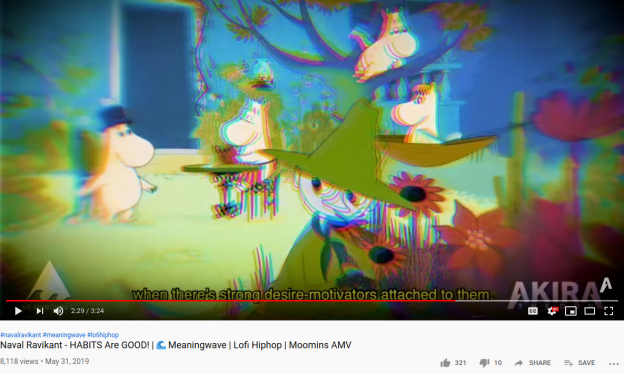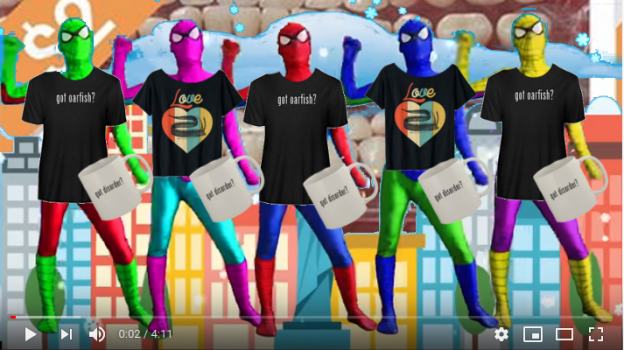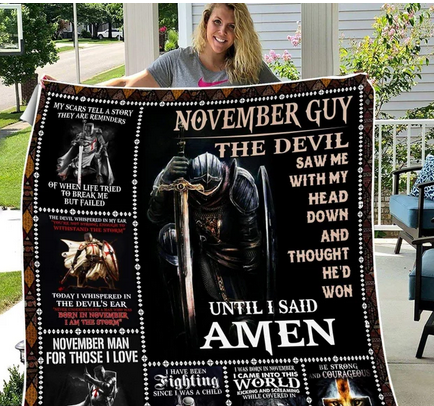First, a quick note and call for aid. For my final semester in George Mason’s biodefense program, I’m working on a capstone project. I’ll be researching and writing about list-based biosecurity in the US – places where biodefense systems identify risks based on a list of known pathogens.
I see why the systems work this way, and this was probably sufficient in the past – yet as far as I’m aware, it’s all but an unspoken consensus in the field that these won’t protect against engineered organisms – recombinant or genetically altered pathogens that are either totally novel, or “resemble” a harmless organism in most ways while posing significant danger to humans. I want to explore where list-based biosecurity shows up, what the risks are, and possible alternative systems. Ideally, this’ll eventually be published.
If you have thoughts on any of the above, or you know things that I should know, I’d love to chat. My email, as always, is eukaryotewritesblog (at) gmail.com.
Alright, on to the bounty. Internet Harvest is a selection of the most succulent links on the internet that I’ve recently plucked from its fruitful boughs.
I’m interested in feedback on what you think of the section, or the links therein. Feel free to discuss the links in the comments.
Are you following the Wuhan coronavirus/nCoV outbreak? Yeah, me too. This is the first major world event that I actually know anything about that I’m watching unfold live on Twitter, and the misinformation situation on a lot of the hashtags is so much worse than I thought. The Johns Hopkins Center for Health Security is publishing regular updates on the outbreak’s progress, and they know what they’re talking about.
Mystery drone swarms above US cities! Welcome to 2020. This is a thing that happens now, I guess.

An update to the colorful visual Euclid textbook in the last internet harvest: A gorgeous web version.
A confusing Youtube project: “meaningwave”, which features glitchy visuals, soft electronic music, and clips from motivational speakers. Notably Jordan Peterson, but also Alan Watts and Mr Rogers. Dozens of videos, all made by the same person. I don’t like Jordan Peterson but I can recognize when the universe drops something bizarre and beautiful into my lap. This one is my favorite, featuring Naval Ravikant on habits and clips from the Moomin TV show.
The website of, and videos from, a practicing professional Voodoo magician.
My views on gendered pronouns as a mainstay of language are well-exemplified by this classic Douglas Hofstadter essay (yes, the Gödel, Escher, Bach guy), Person Paper on Purity in Language. (Content warning: Lots of ironic racism.)
Speaking of racism, a horrific aspect of it in the US that I didn’t know much about: Sundown Towns. The linked research project includes maps and how to identify if a town was one. (Content warning: Discussion of intense racism, mostly anti-black, and antisemitism.)
Escape a frankly soul-sucking social media ecosystem, and make 2020 the renaissance of the personal website. If anyone wants to set up an unironic webring with me, hit me up.
(Indieweb looks like a decent place to start.)
This month’s podcast recommendation is The Dream, on multi-level marketing schemes. It’s compassionate and cutting at the same time, as well as interesting and informative. I don’t come from an environment where these are common, so it’s boggling to see the scope of these – though I expect if you’re already more familiar with MLMs, you’ll still get something out of this.
You know about moon snails, right? Look ye upon moon snails. (If you live on the west coast of the USA, you can go find these guys on sandy beaches at low tide.)










